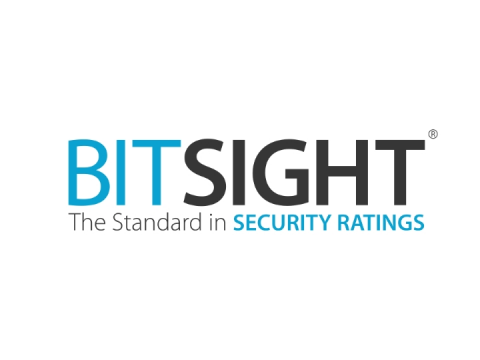Data Management
Solution Brief: Demonstrating GDPR Compliance
Companies have worked hard over the past few years to design and implement GDPR compliance programs in time for the May 25, 2018 deadline. Internally, they may have generated hundreds or thousands of pages of project plans, policies, processes and reports – including Article 30 records of processing, Article 35 DPIAs, and much more.
Appropriate Technical and Organizational Measures under GDPR
GDPR is not a fully prescriptive regulation. It requires your organization to do your homework, o wn your risks, and come up with “appropriate t echnical and organizational measures” specific to t he organization
Follow the Data - Best Practices & Tips on Meeting GDPR Article 30 Requirements
Because most companies subject to GDPR will need to comply with Article 30, this Solutions Brief will cover the general requirements, processes to help meet the requirements, and how to produce Article 30 compliance reports.
GDPR eBook (general)
Generating much interest (and concern) globally is the European Union General Data Protection Regulation (GDPR), the successor to the Data Protection Directive (95/46/EC).
GDPR: Managing the Risk From Processors
Monitor and regularly test third-party security performance and adherence to the GDPR. Key Takeaways:
Whitepaper: The Impact of GDPR on HR
The GDPR is expected to bring sweeping changes to how HR organizations manage and protect employee data when it comes into effect on May 25, 2018. How can you get your organization ahead of this new legislation?
A CISO’s Guide to Preparing for GDPR Compliance
This guide is for CISOs who want to understand whether their companies will be impacted by the new regulation, what the effects might be, and steps their teams could take to prepare for GDPR data security requirements.
Essential Guide to the GDPR
This guide distills the 200+ page GDPR into five discrete phases to help a business develop a plan for compliance. The guide is designed for professionals across a wide range of functions who will be impacted by the GDPR.
Video: Preparing for GDPR
The countdown to GDPR has begun. But don’t fret. With the right infrastructure from Workday in place, your organization can rise up to the challenge.
GDPR solution brief
Imperva helps simplify preparation for GDPR and address data discovery and classification, pseudonymization, security of processing, breach detection, and data transfer requirements.
GDPR PIAs and DPIAs - Background & Best Practices
This solution brief will share the findings from those collaborations. Specifically, this brief will explain the similarities and differences between a PIA and DPIA, and outline best practices for conducting a DPIA.
Blog: European Data Protection and the Path to GDPR Compliance
Jeremy Baker, affiliate professor at ESCP Europe business school, outlines how organizations can prepare for GDPR and avoid penalties for non-compliance.
How to Tackle the Challenges of GDPR
GDPR will impact the way you manage client and prospect information, and how you collect and manage huge volumes of personal data. The A-team Group – sponsored by ASG Technologies – asked data executives in the UK, Europe and the US how they are preparing for this shift in regulatory requirements.







